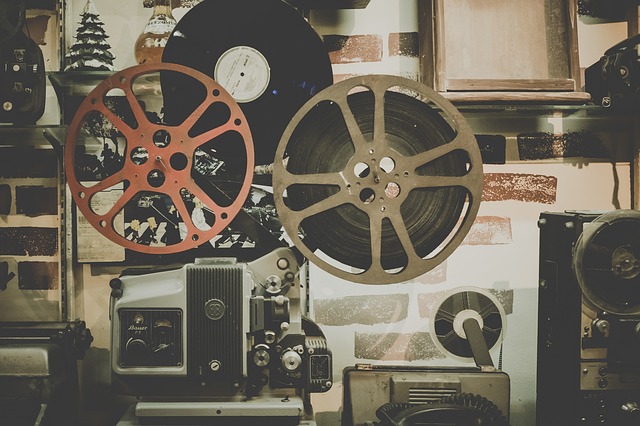 Being completely present with a set of concrete, living, breathing individuals is significant to the craft of behaving and to the human soul.
Being completely present with a set of concrete, living, breathing individuals is significant to the craft of behaving and to the human soul.
Theatre helps you to observe another perspective on your own. We are shown humankind, psychology, motives, conflict, and resolution. We as the viewers get to see the trajectory of men besides ourselves. As performers, we place ourselves in psychological and intellectual scenarios which might never appear in our private lives. Theatre encourages us to provide power to reality to take risks, and also to urge new and diverse voices.
Theatre reminds us we aren’t alone. Not only are you currently discussing area plus an experience with all the artists that are doing, but we’re also sharing the expertise together with fellow audience members. Films and tv do not have exactly the identical familiarity or feeling of involvement. Sharing an adventure together with live actors and residents, crowd members aren’t just beneficial, but it is crucial for an individual connection.
Theatre is instant, evolving, and consistently distinct. Even though the script could possibly be the exact same nightly, the operation is exceptional, each and every time that it happens. No two performances are ever exactly the same. In this manner, everybody involved has a different and one-of-a-kind experience that may never be duplicated.
The live theater will help you to promote interpersonal discourse, dialogue, and possible social shift. Theatre is a cultural phenomenon that needs that society assesses itself from the mirror. We can examine social difficulties and try to discover solutions. Coming together as a community to hear opposing points of perspective is essential.
Theatre promotes literacy and education. Studies have revealed that students that take part in theater do much better in college.



 It was not until ancient Greece that grandstands and stages were added. Back then, theaters were performed on feast days to honor the gods. With the Romans, the theater was a state institution. It was not only used for entertainment but much more as a representation of power. Back then, the main theme was adultery. In the Middle Ages, mainly religious themes were staged in dramatic performances, while in the late Middle Ages the carnival games were invented, which targeted topics such as politics and sexuality and were particularly popular in France.
It was not until ancient Greece that grandstands and stages were added. Back then, theaters were performed on feast days to honor the gods. With the Romans, the theater was a state institution. It was not only used for entertainment but much more as a representation of power. Back then, the main theme was adultery. In the Middle Ages, mainly religious themes were staged in dramatic performances, while in the late Middle Ages the carnival games were invented, which targeted topics such as politics and sexuality and were particularly popular in France.

